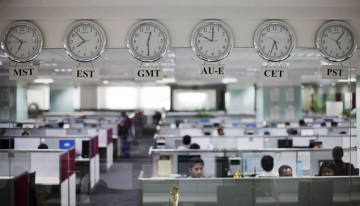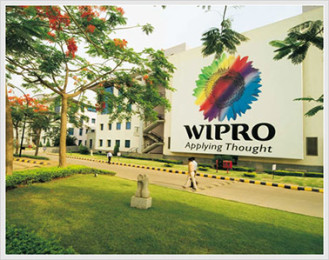 Although two of the UK’s largest outsourcers, Capita and BT, have struggled over recent months, beancounters at Whitelane Research. have worked out that more than a fifth of UK businesses are looking to outsource less over the next two years, according to
Although two of the UK’s largest outsourcers, Capita and BT, have struggled over recent months, beancounters at Whitelane Research. have worked out that more than a fifth of UK businesses are looking to outsource less over the next two years, according to
The analyst claims its research found that 22 percent of UK businesses are looking to insource, citing innovation, intellectual property ownership and the quality of service as the main factors. 73 percent of respondents plan to outsource at the same rate or more over the same period.
Whitelane’s UK IT Outsourcing Study, which is carried out in conjunction with PA Consulting Group, assesses the satisfaction levels of end-user relationships with providers, with 747 connections evaluated.
TCS and Hexaware scored the highest, at 81 percent, while Getronics polled second at 79 percent.
In a statement following the publication of the report, Getronics CEO Nana Baffour said: “Our performance over the past four years shows that we have earned our reputation as a people-centric business, by focusing on adaptability, resilience and proactivity to deliver an exceptional user experience.
“This continued success is not just in the UK, but across Europe and is reflected in other Whitelane research success, for example, in Belgium.
“We are doing all the right things to maintain our reputation, and we work hard to keep doing those things to delight all our customers, year in, year out.”
Overall the UK’s satisfaction level with its outsourcers was scored at 88 percent by Whitelane.
Manish Khandelwal, IT sourcing expert at PA Consulting Group, said: “As businesses are increasingly technology-driven, the IT supply chain cannot remain back office-centric.
“While overall satisfaction levels with IT service providers remain high and outsourcers are generally seen as doing a good job of delivery, they must now prove to their customers that they are an essential part of the IT supply chain of the future as an innovation partner. If they are seen as bereft of new ideas they are destined to be relegated to the role of suppliers of utility computing”.
 Beancounters at ISG have noticed that global demand for technology and business services continues to rise, reaching an all-time high in the first quarter, with a growing pipeline of deals signalling continued expansion in 2021 as the economy begins to emerge from the pandemic.
Beancounters at ISG have noticed that global demand for technology and business services continues to rise, reaching an all-time high in the first quarter, with a growing pipeline of deals signalling continued expansion in 2021 as the economy begins to emerge from the pandemic.












